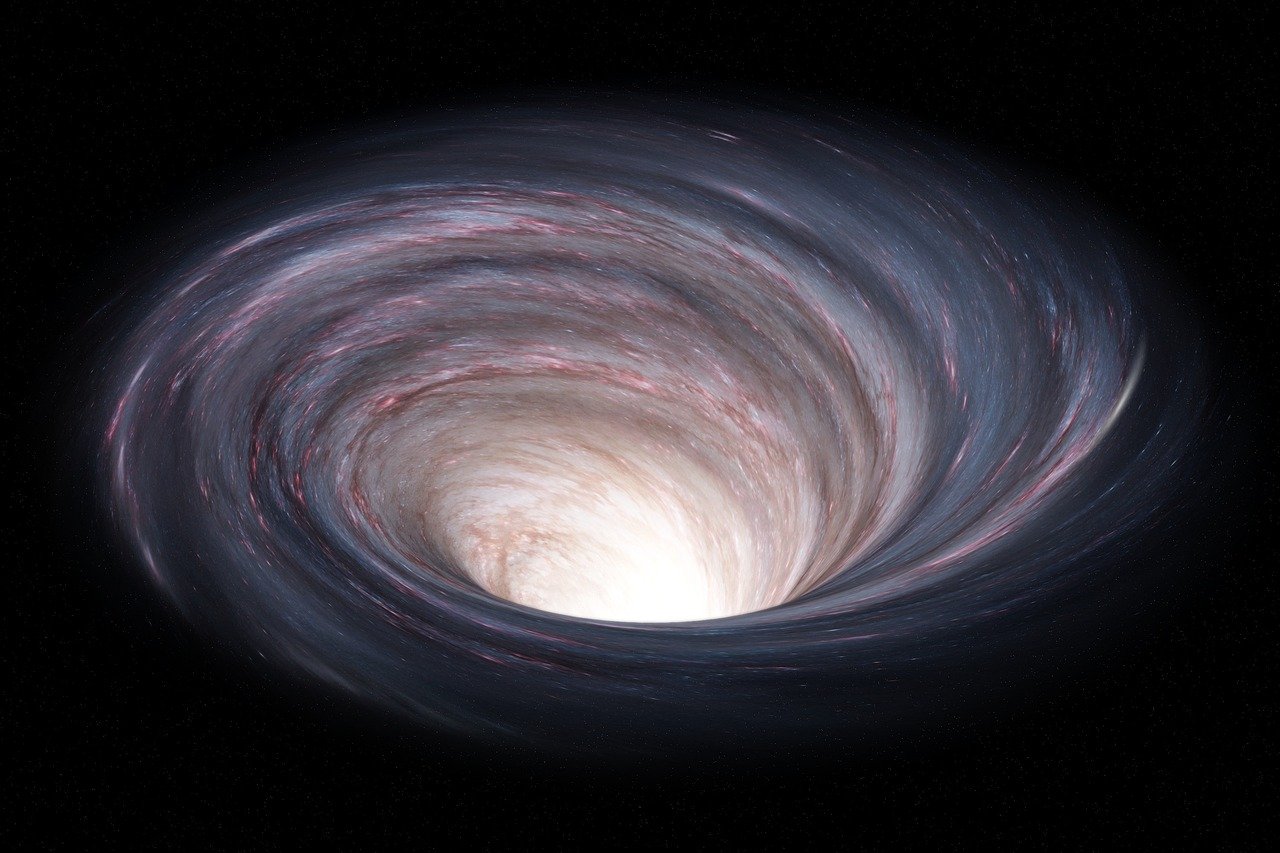A new theory suggests that extreme forces of gravity after the big bang may have been so incredibly strong that they created the universe’s first light.
Set for release in May, the soon-to-be-published theory hopes to shed “light” on the relatively brief time after the big bang (the first few hundreds of thousands of years) when the universe was essentially dark. If proven true, the new theory could finally help physicists and cosmologists unravel the mystery of gravity, one of nature’s most influential yet elusive natural forces.
“In early universe cosmology, parametric resonance plays a crucial role in the transfer of energy to regular matter at the end of a hypothetical period of inflation,” explains the paper’s authors in its pre-release publication. Specifically, the group of researchers from Jagiellonian University in Poland and McGill University in Montreal, Canada, believe that extreme gravitational waves were so strong after the big bang that they may have ripped energy right from the fabric of reality and released some of that energy into light.
Of course, gravitational waves have been mostly theoretical in nature since Albert Einstein first proposed their existence over 100 years ago in 1918. However, in 2017, a team of researchers from California Technical Institute (Cal Tech) and the Massachusetts Institute of Technology (MIT) using the Laser Interferometer Gravitational-Wave Observatory (LIGO) spotted the real thing in outer space. That discovery won the researchers involved a Nobel Prize in Physics.
Still, modern-day gravitational waves are likely nowhere near as strong as they were 14 billion years ago, and the LIGO team was only able to spot them at the intersection of two black holes where gravity is at its strongest. Nonetheless, their existence is no longer theoretical, leading researchers to look for their effects at different times in the universe’s history. And in the case of this new study, that search may have led researchers to the creation of the universe’s first rays of actual light.
How Gravity May Have Ripped Light Directly From the Fabric of Space/Time
“Here, we will study the parametric resonance instability of the photon field in the presence of a gravitational wave,” the researchers explain. “We find that there is indeed a resonance effect.”
Specifically, they believe that massive gravitational waves may have parked themselves in specific spots in the early cosmos until they collided with other gravitational waves rippling through the fabric of space/time. When those two waves interacted, they write, “it is hence expected that these gravitational waves can induce instabilities.”
Those resulting Instabilities, which occur at the quantum level, may have resulted in the release of massless particles of light, more commonly known as photons. In effect, this would be the universe’s first light, only it was not caused by actual matter but by the power of gravitational waves.
The researchers behind the new theory note that the events happened long enough ago that there is no direct way to measure the event and directly confirm their theory. However, they believe the leftover effects of these massive collisions may still be detectable today with some of the world’s more advanced telescopes and promise that “more details will be given in a follow-up paper.”
Time will tell if the research team will be able to prove their incredible theory. But until then, those who are fascinated by gravitational waves can read all about a published theory from a think tank of physicists and a professor from Carnegie Mellon University who claim that LIGO may be tasked to search for massive alien spacecraft or even an extraterrestrial warp drive.
Christopher Plain is a Science Fiction and Fantasy novelist and Head Science Writer at The Debrief. Follow and connect with him on Twitter, learn about his books at plainfiction.com, or email him directly at christopher@thedebrief.org.

